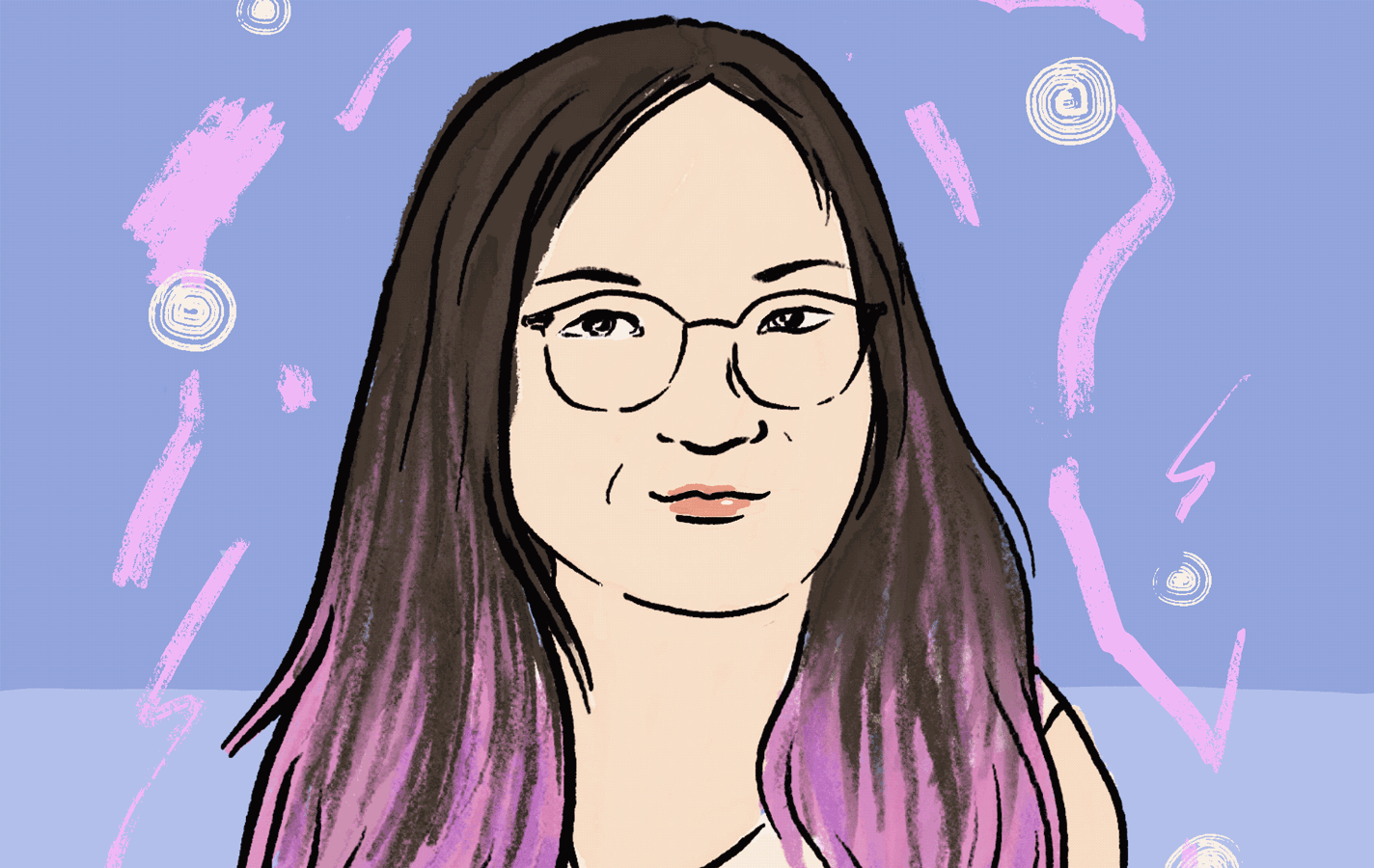“It’s okay to take time off when you have a bad day.”
(BANGKOK, October 10, 2020) – Human rights defenders often face mental health challenges given their line of work, but many find it difficult to talk about their emotional or psychological difficulties. In Thailand, 29-year-old human rights defender Petcharat “May” Saksirivetkul is breaking through the silence.
“I want to be someone who activists and the younger generation can talk to when they face any challenges,” says May, a 29-year-old activist and a Campaign Supervisor at Amnesty International Thailand.
May was born in Chiang Mai, the largest city in northern Thailand, but moved to Sri Lanka when she was 16 years old.
“I moved to Sri Lanka with my parents in 2008. It was when the civil war between the majority Sinhalese and the minority Tamils was coming to an end. I saw bloodstains everywhere on the street and people fleeing for their lives. An interpreter who worked with my dad had to flee the country with his family. He had to leave everything behind. That’s when I started questioning my life and what I can do to make things better.”
After finishing high school, May moved back to study in Thailand and was elected student president of Webster University. At Webster, she led a campaign calling on the institute’s director to improve the university’s infrastructure. “Nothing worked when I first joined the university. The electricity went out many times. School buses were broken. So, I led a campaign with fellow students,” she said.
Later, May joined Amnesty International to create space for young people to engage on human rights issues. But the work also caused her stress and anxiety.
“I work with youth volunteers and activists. They are my inspiration and the reason why I wake up and get ready to work every day. I want to build space for activists and human rights defenders in Thailand. I set high expectations and put a lot of pressure on myself. I try to be a ‘problem-solver’ and someone who anyone can talk to. I put 150 to 200 percent of myself into my work. In the end, I often feel burned out, and everything just feels exhausting.”
The stress May experienced also had physical manifestations. “I didn’t know I was having an anxiety attack. All of a sudden, my hands and whole body were numb and tingling. I had an irregular heartbeat. I went to the doctor and was told that I had a high level of stress,” she said.
May is now working to improve her mental wellbeing:
“I try to experience another part of life by getting myself out of work in the evening and do something I enjoy, like exercising. I still set a bar for myself everyday but also try my best to have work-life balance. I keep telling myself that, ‘It’s okay to take time off when you have a bad day,’ because there’s no point of going physically to work when I’m not “there” mentally. You can stop if you are not feeling well. You don’t have to feel guilty about it.”
When asked about her hope for the future, she said:
“In the past two years, I feel that Thai people talk more openly about mental health and wellness. Before that, it was a taboo topic. In the future, I hope that it will become a common issue that anyone can talk about.”
